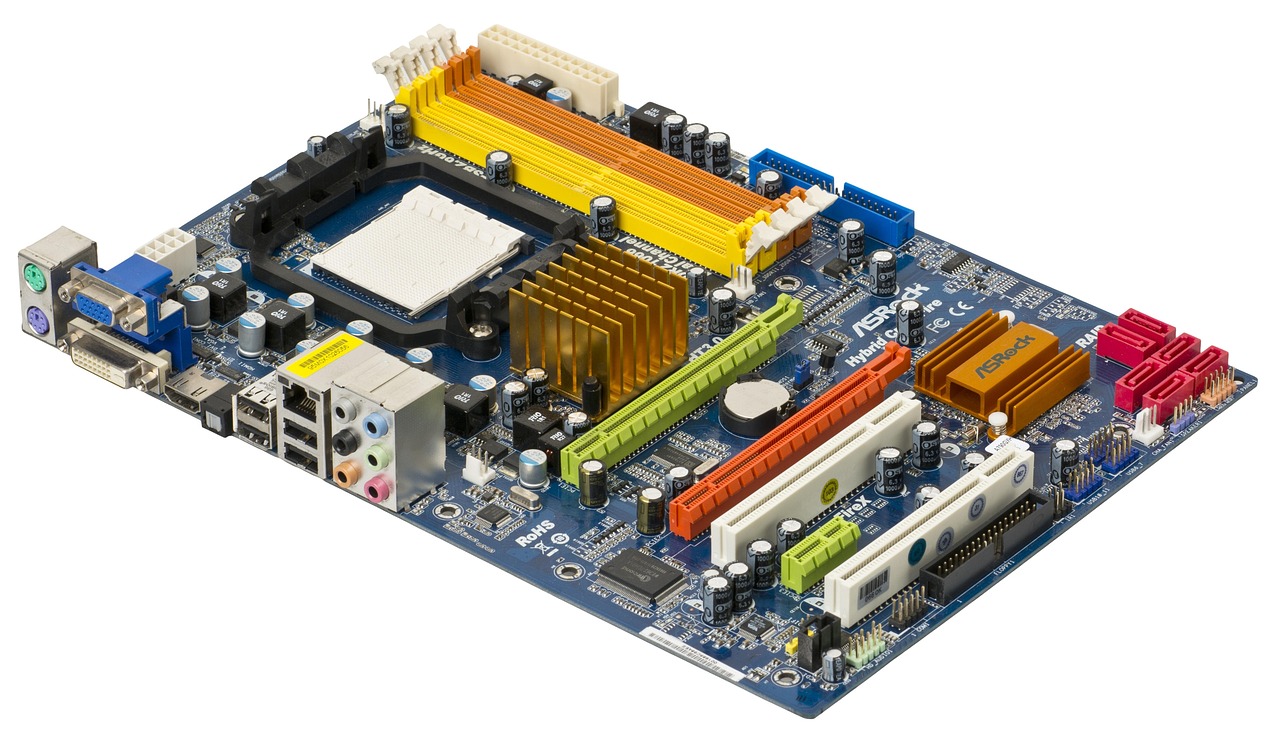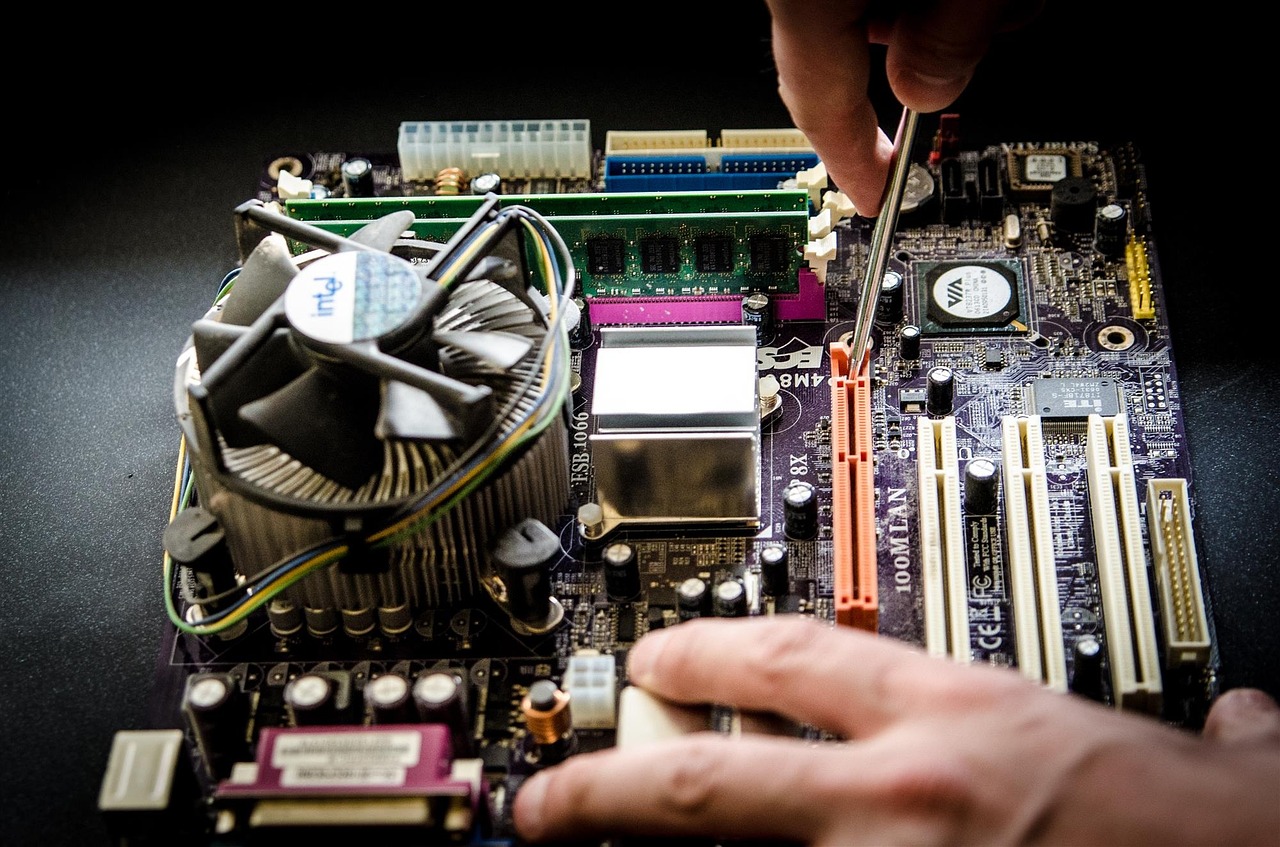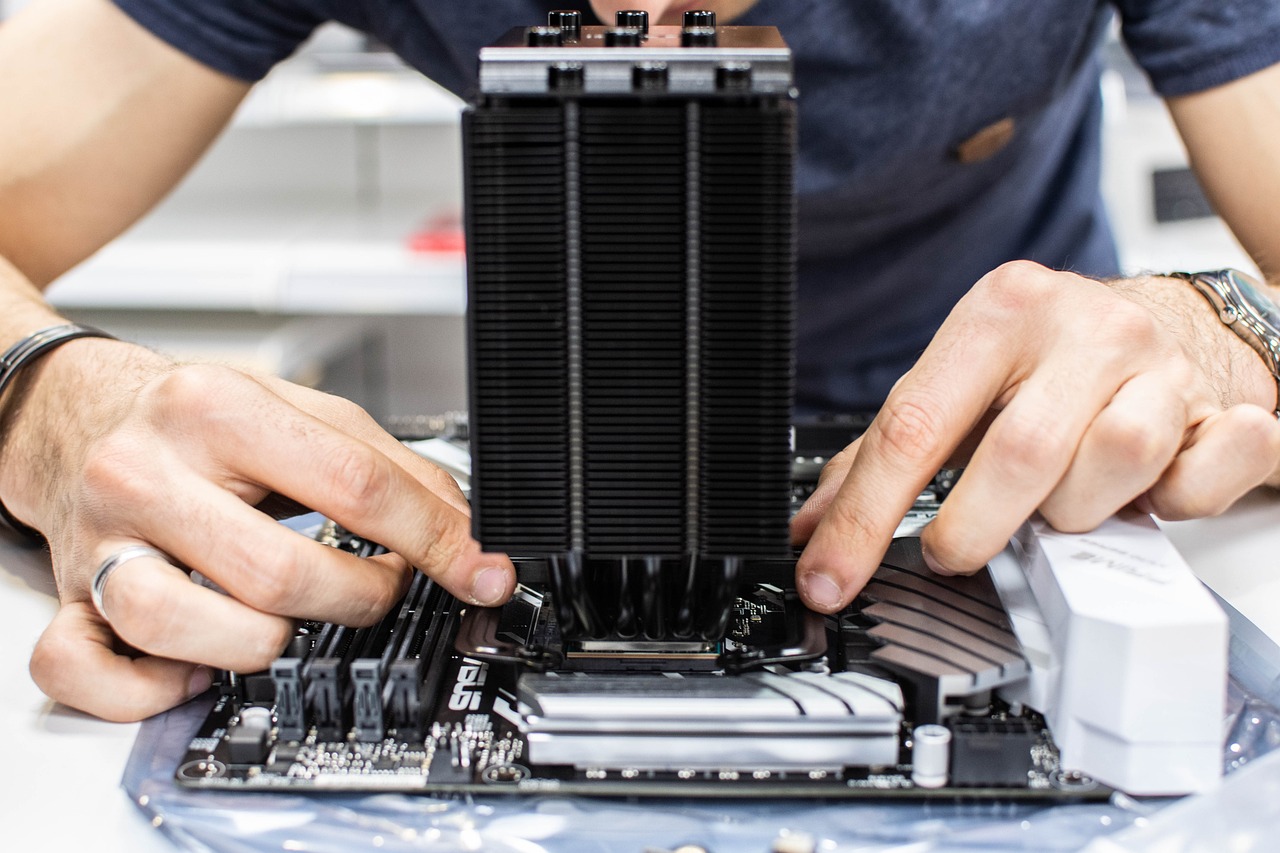Choosing the right motherboard for your processor is crucial for building a powerful and efficient computer. Not all motherboards are compatible with every CPU, and understanding the nuances of compatibility can save you time and money. In this article, we’ll guide you through socket types, chipset compatibility, and the best motherboards for Intel and AMD processors.
1. Socket Types
The first step in ensuring compatibility is to understand the socket type of your CPU. The socket is the physical interface that connects the processor to the motherboard. Here are some common socket types:
- LGA 1200: Used by Intel’s 10th and 11th generation processors.
- LGA 1700: Designed for Intel’s 12th generation Alder Lake processors.
- AM4: The standard socket for AMD Ryzen processors.
- TR4: Used for AMD’s Threadripper processors.
2. Chipset Compatibility
In addition to the socket type, the chipset on the motherboard plays a significant role in compatibility. The chipset determines the features and capabilities of the motherboard. Here are some key points to consider:
- Identify the chipset that corresponds to your CPU socket.
- Check for BIOS updates that may improve compatibility with newer processors.
- Ensure that the motherboard supports the features you need, such as overclocking or multiple GPU setups.
3. Best Motherboards for Intel Processors
If you’re using an Intel processor, consider the following motherboards:
- ASUS ROG Strix Z590-E: Great for gaming with robust overclocking support.
- MSI MPG B560 Gaming Edge WiFi: Offers excellent performance for mid-range builds.
- Gigabyte Z490 AORUS Master: Ideal for high-end Intel CPUs with premium features.
4. Best Motherboards for AMD Processors
For AMD users, these motherboards are highly recommended:
- ASUS ROG Crosshair VIII Hero: Perfect for overclocking and high-performance builds.
- MSI B550-A PRO: A solid choice for budget-conscious gamers.
- Gigabyte X570 AORUS Elite: Offers excellent features for Ryzen processors.
In conclusion, matching your CPU with the right motherboard involves understanding socket types and chipset compatibility. By following these guidelines, you can ensure a smooth and efficient build.
“`



